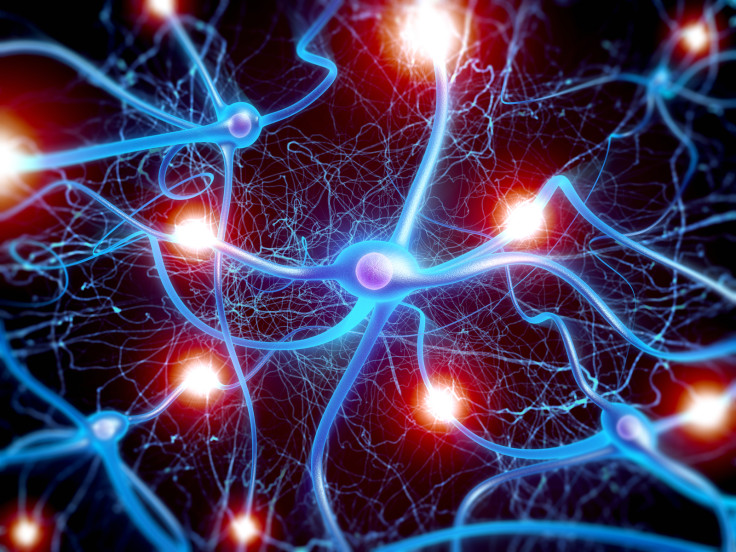Sexual touching can trigger earlier puberty
Touching rats' genitals made them grow into sexually mature adults sooner.

If a young rat's genitals are touched, the animal goes through puberty sooner than if it hadn't been touched, scientists have found.
Puberty is something that happens to all mammals. But exactly when and how it happens isn't yet fully understood. Many studies have shown that sex hormones play a very important role in controlling the onset of puberty. But new research, published in a study in the journal PLOS Biology, shows that physical touching of the genitals also makes puberty happen faster in rats.
The scientists put rats in a mixed cage together with males and females, and compared them with rats kept in single-sex cages. When the rats lived in mixed cages, the part of the brain's cortex related to the genitals grew rapidly.
How was the presence of the opposite-sex accelerating puberty? The researchers made sure it wasn't the smell of the other rats doing the trick by seeing whether the same thing happened in cages where the two sexes were separated with a wire mesh.
It was when the two rats were allowed to intermingle that the acceleration happened fastest. The researchers then wanted to make sure that it was physical contact with the genitals that was leading to the changes. They used a lubricated brush to stroke the juvenile rats' genitals, and compared their development with unstroked rates.
The stroking did indeed send the young rats down the path of sexual maturation quicker, they found. The changes in the rats' brains were remarkable, with the genital-related part of the cortex doubling in size after stroking.
This is the first time that physical touch has been shown to play a role in the onset of puberty. As the study was carried out in rats, further research would be necessary to investigate whether a similar phenomenon exists in other animals.
"The effects of sexual touch on puberty and the genital cortex are remarkable, since you wouldn't expect this area of the brain to expand at this stage of development," study author Constanze Lenschow of Humboldt University in Germany said in a statement.
"The representation of the body changes in the cerebral cortex," said Michael Brecht, also a study author and a researcher at Humboldt University. "Our results help to understand why the perception of our body changes so much during puberty."
© Copyright IBTimes 2025. All rights reserved.






















